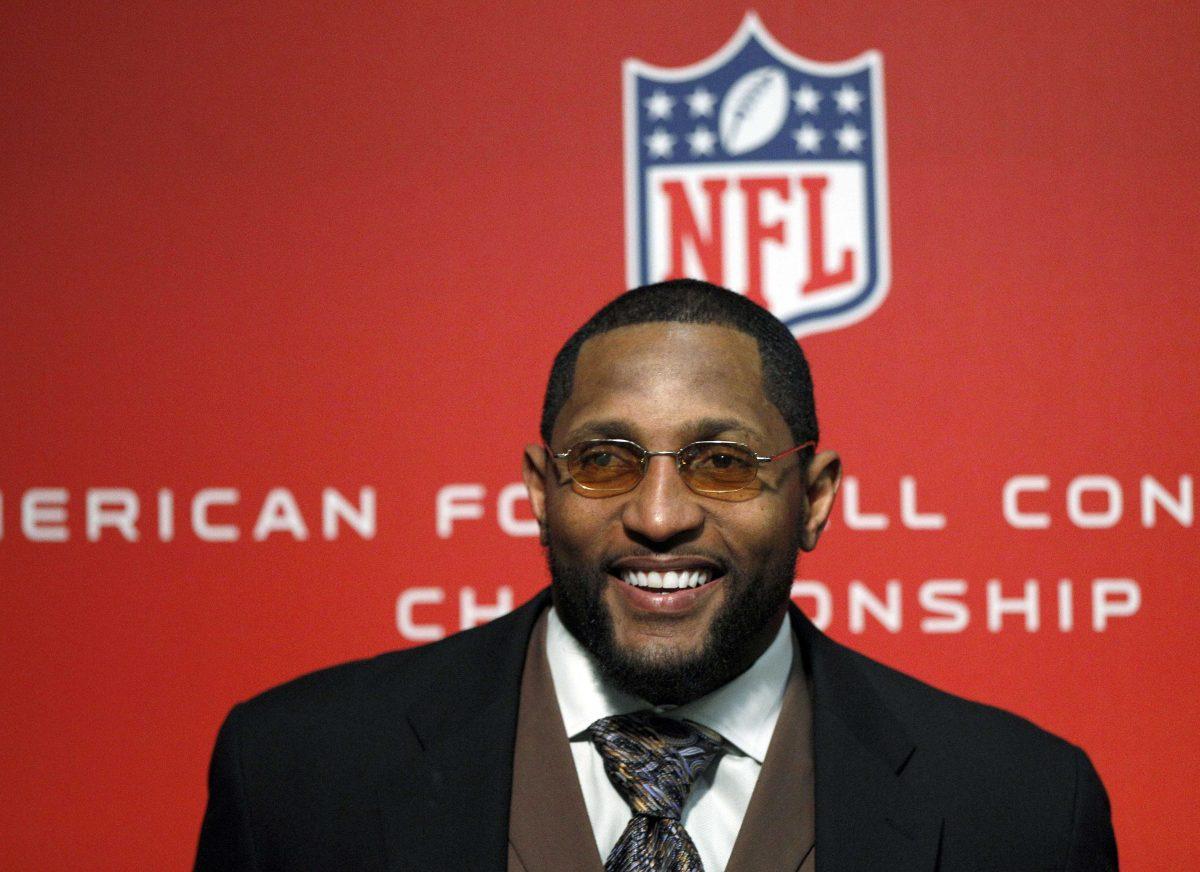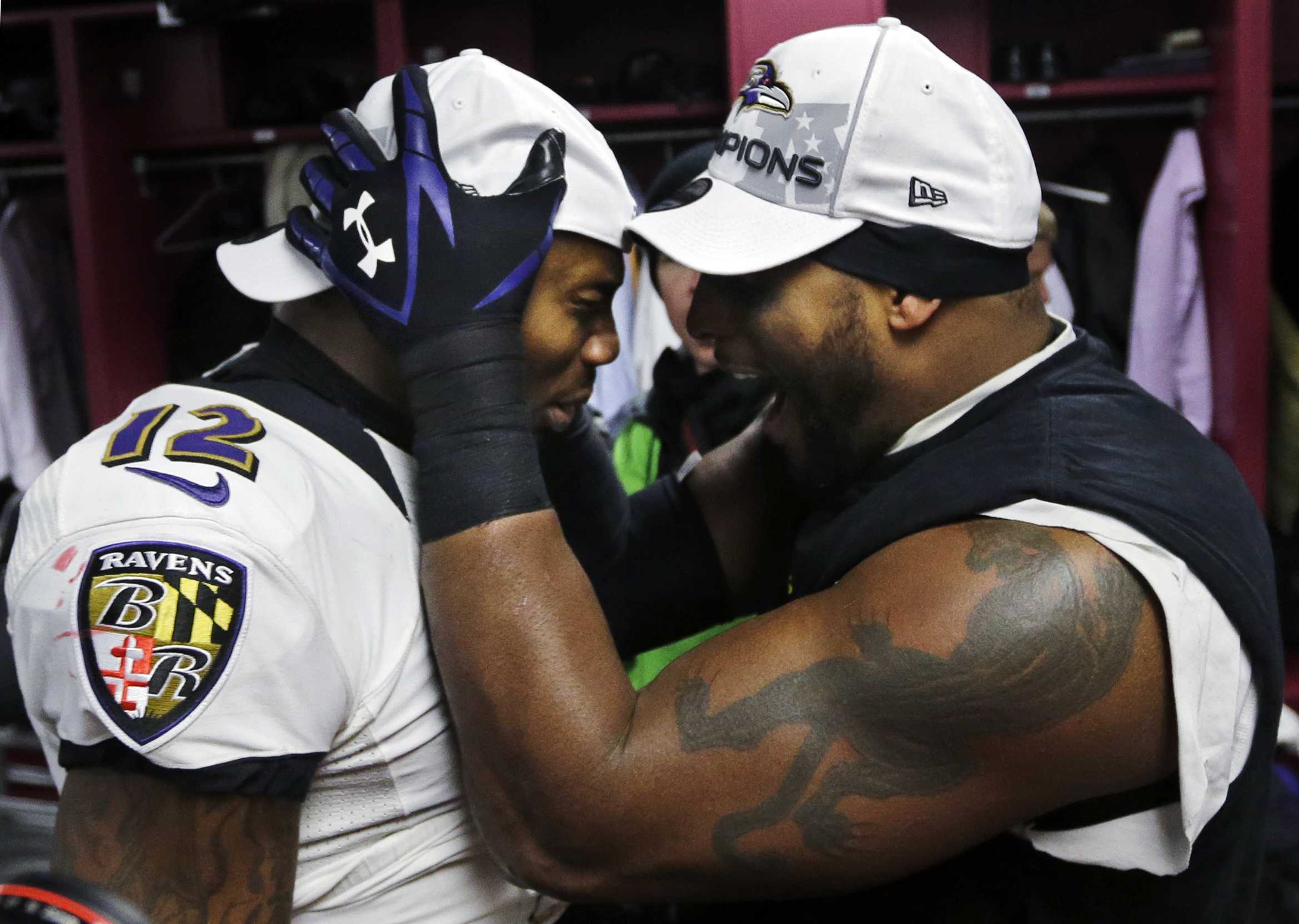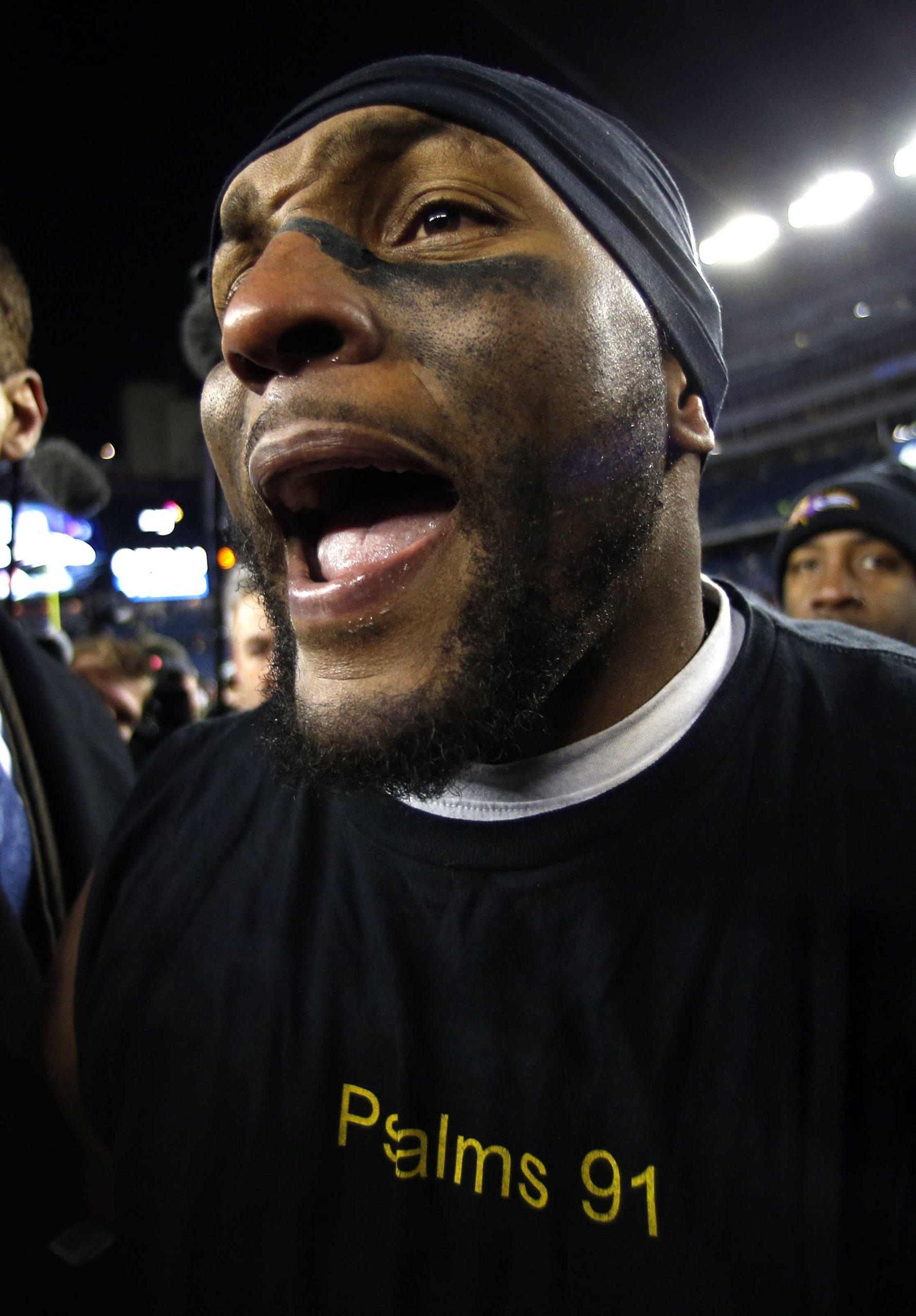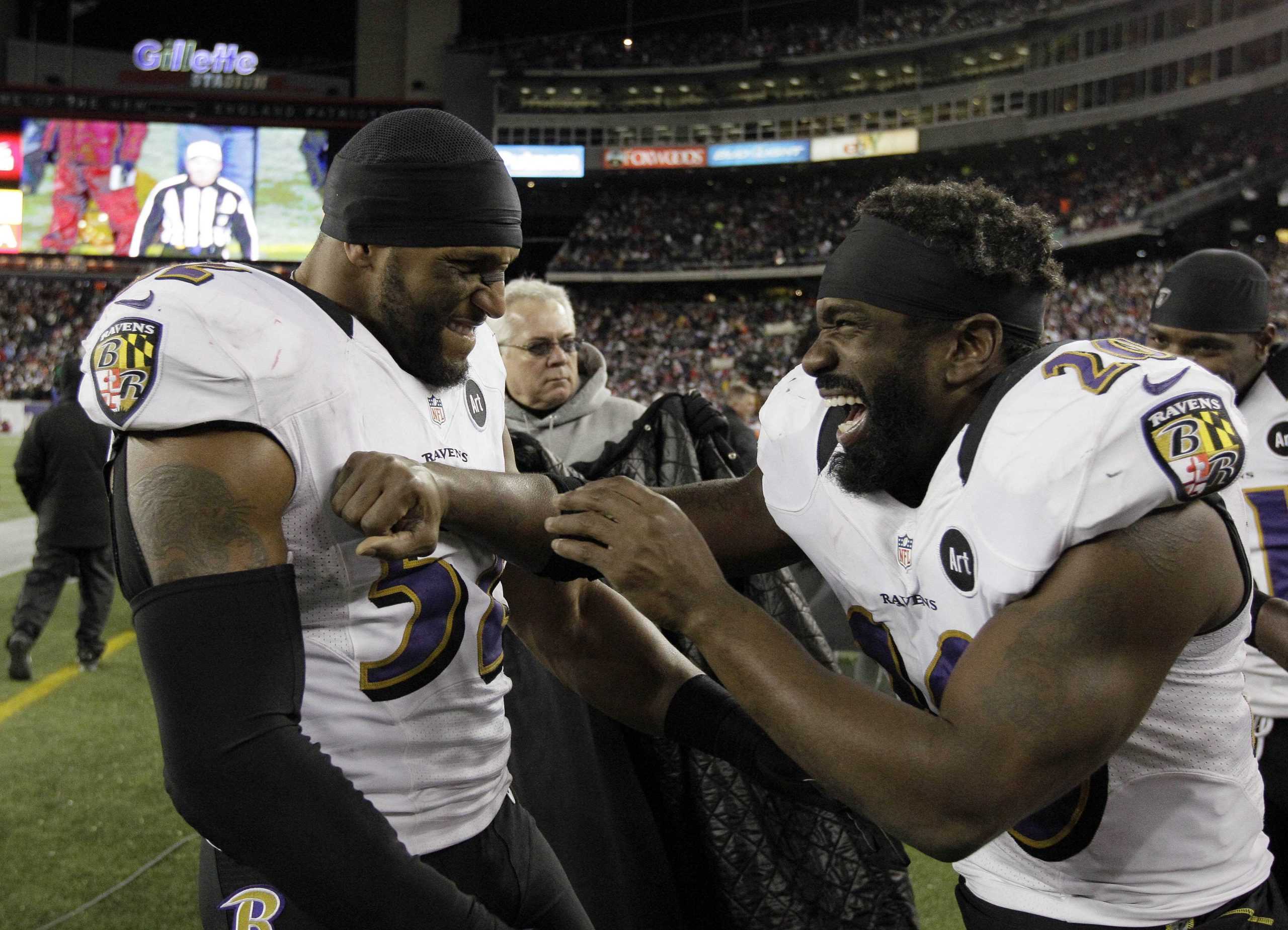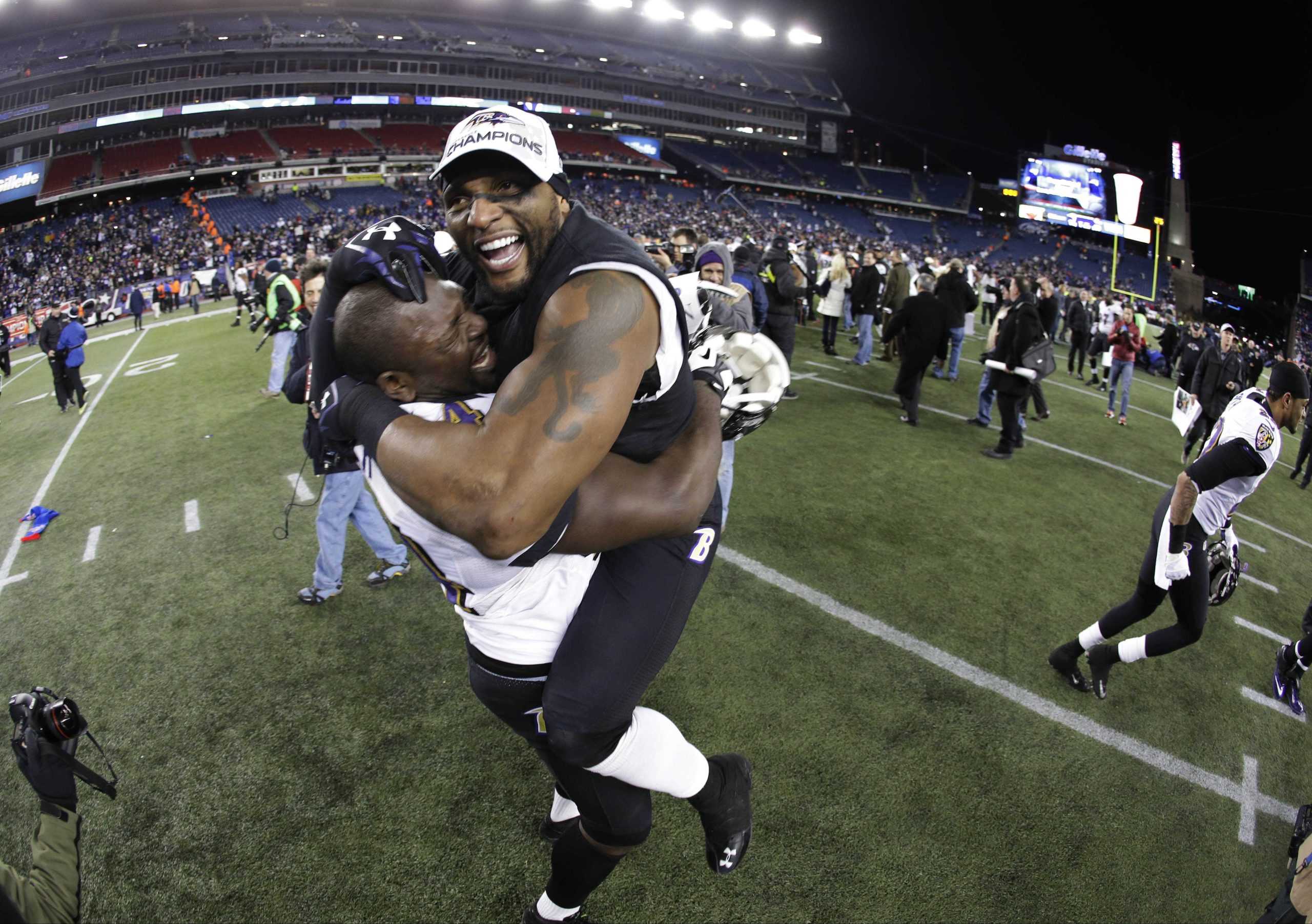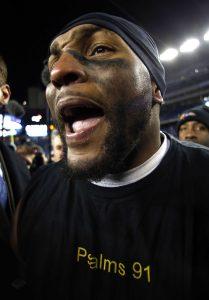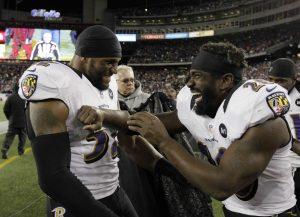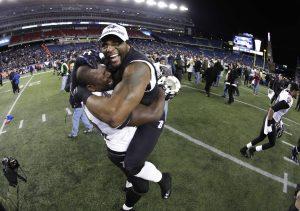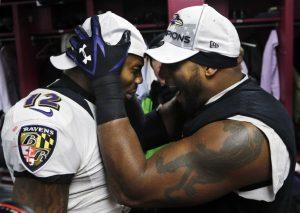Ray Lewis is an all-time great linebacker who returned from a torn tricep injury to lead the Baltimore Ravens to Super Bowl XLVII.
To add to the drama, Lewis announced he will retire after this season, making the Super Bowl the last game of his Hall of Fame-bound career.
Pretty compelling stuff.
No one would argue that his comeback from injury to team leader isn’t a tremendous story. The problem is it’s not acceptable to gloss over some of the facts just to make a great story a little bit better.
Lewis played a role in the deaths of Jacinth Baker and Richard Lollar at a Super Bowl XXXIV party in 2000 in Atlanta. After initially lying to police, Lewis cooperated, pleaded the case out to an obstruction of justice charge and was sentenced to 12 months probation.
Lewis is an amazing linebacker, but to portray him as a legendary role model is disingenuous.
The murder charge doesn’t have to be constantly held over his head, but the fact that it has been treated like a taboo subject by the national media is a problem.
If the death of a fictional girlfriend can dominate a news cycle for two days, two actual dead people should be able to get at least a mention as a panel of analysts are gushing over the guy who may have killed them.
He paid his debt to society — that isn’t the point here. I’m just asking how many times we have to hear Phil Simms and Jim Nantz gush about Lewis’ leadership.
How many Ray Lewis montages is too many for one episode of “Sunday NFL Countdown”?
Do we need to see Lewis’ pre-game dance for a fourth time in the first quarter?
Lewis’ past troubles might make his ride into the sunset less of a feel-good story, but that does not mean it can be swept under the rug.
Even a statement as broad as “Lewis has repaired his image after a troubled past” would suffice, but in three-and-a-half hours of the AFC Championship game on Sunday, there was not a word on the subject.
The underlying problem here is that the line between the media and the subjects they cover is being blurred because national media outlets like ESPN are hiring current and ex-players and coaches to be analysts for them or to appear in their commercials. This convergence leads to conflicts of interest, and journalistic standards suffer in the process.
It’s pretty likely Lewis will quickly get a TV job before next season. For that reason, national media outlets that bring up his troubled past could be damaging the reputation of a future colleague and therefore would be damaging the outlet itself.
For example, in 2009 Steelers quarterback Ben Roethlisberger was accused of sexual assault in a civil suit. ESPN refused to cover the story, claiming it was a private matter because it was a civil suit.
Is it a coincidence that ESPN had been airing a “This is Sportscenter” commercial featuring Roethlisberger since 2005?
Also, the words “private matter” are ironic coming from a network that considers Rex Ryan’s tattoo and Mark Sanchez’s girlfriend situation to be newsworthy stories.
The athlete’s job is to play, and the media’s job is to report what happened. The blending of the two needs to stop. If it doesn’t, our credibility as a sports media will end up in a landfill somewhere with Ray Lewis’ white suit.
James Moran is a 20-year-old mass communication junior from Beacon, N.Y.


